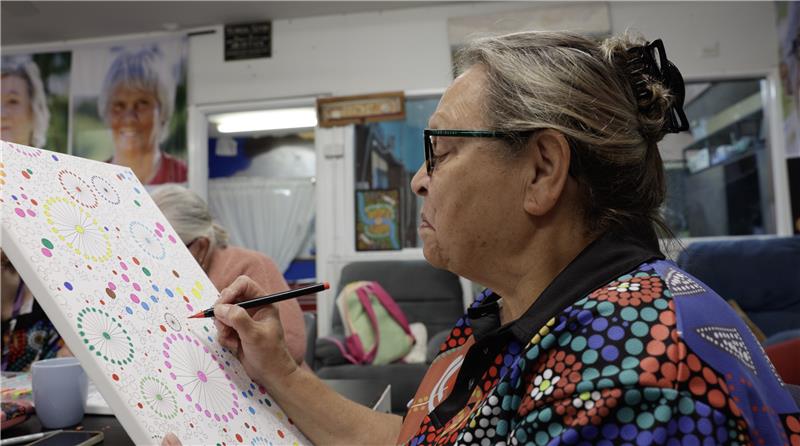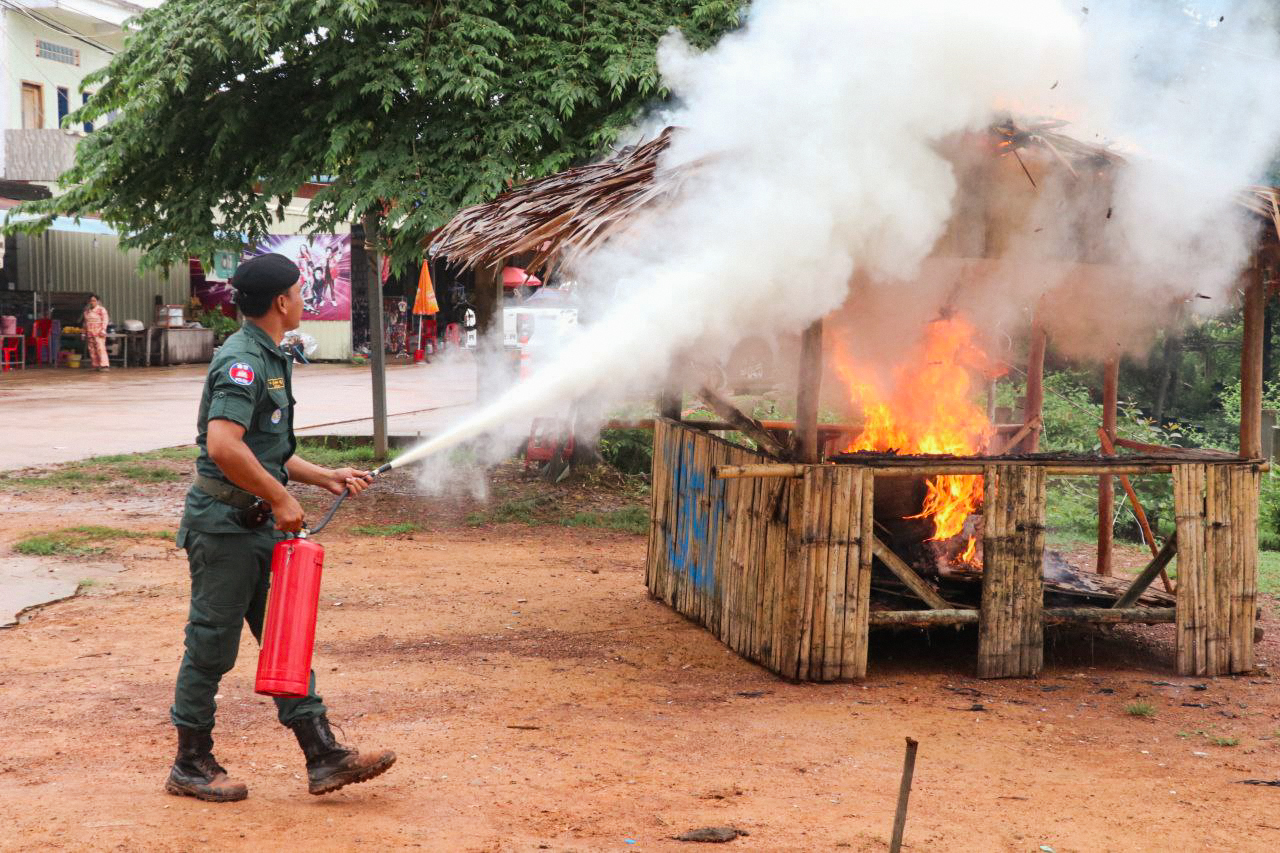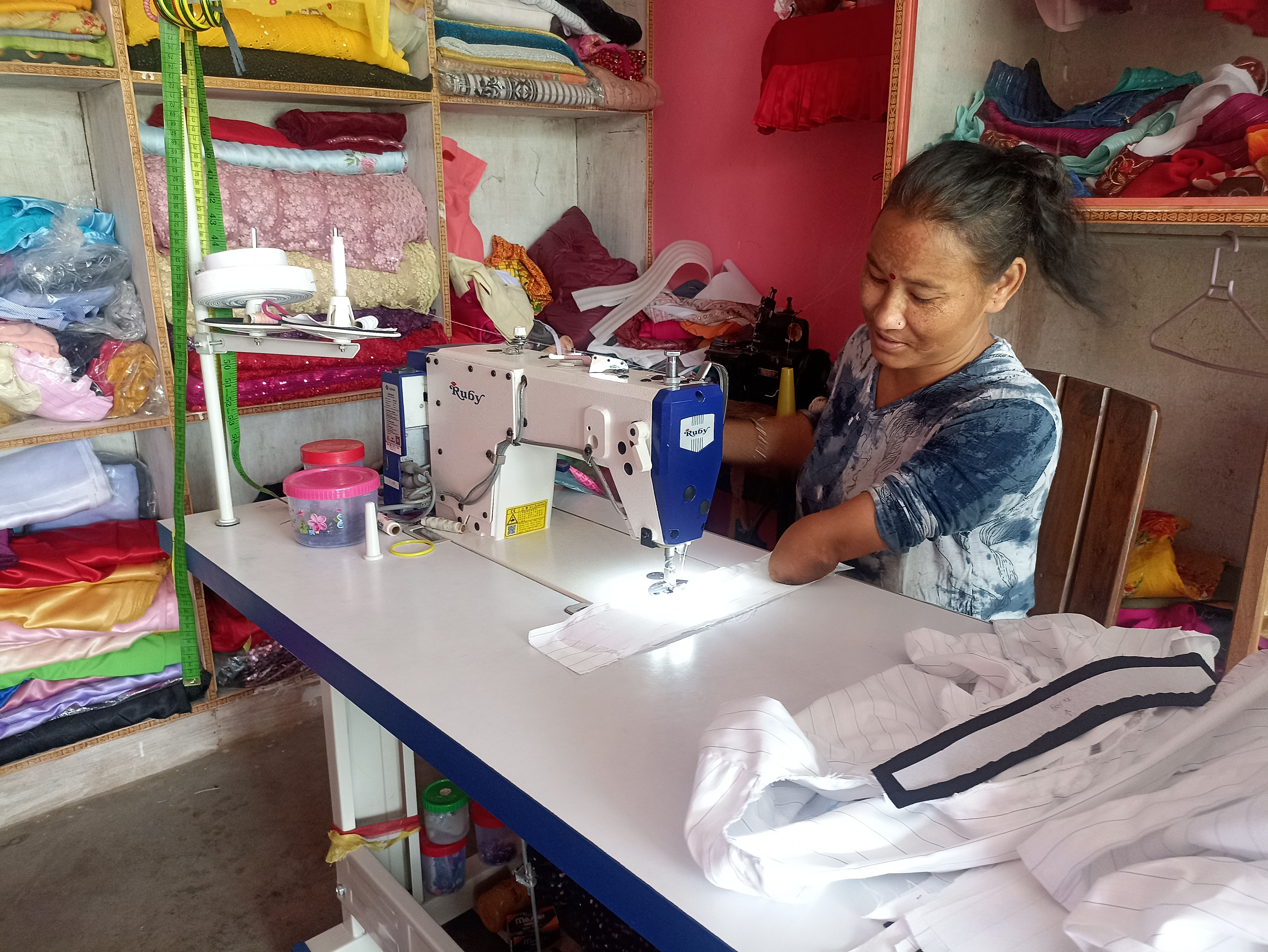For most of us Boxing Day is a time for eating leftovers and catching up with loved ones, as we rest in anticipation of a New Year. Boxing Day 2004, however - for those of us old enough to remember - was different to any other, with destruction unfolding on TVs around the country and grief filling our hearts.
The devastating Indian Ocean earthquake and tsunami claimed over 220,000 lives across Indonesia, Sri Lanka, India, Myanmar, Thailand, and beyond. Taking place 20 years ago today, it was one of the deadliest natural disasters in history, leaving unimaginable loss and destruction in its wake.
In the immediate aftermath, agencies like Caritas were there to provide urgent support: shelter, food, clean water, and medical care to those in need. Over the months and years that followed, the focus shifted to rebuilding homes, infrastructure, and livelihoods, helping communities to recover and heal.
Two decades later, and new data from the World Health Organisation (WHO) has revealed that 1.2 billion people worldwide now face life-changing climate related risks such as tsunamis, heatwaves, cyclones and much more.
In response, we remain committed to walking alongside communities in times of crisis. Through disaster risk reduction and preparedness programs, we work with local partners to help communities strengthen their resilience, minimise the impacts of disasters, and rebuild stronger.
Caritas Australia also advocates for building economic resilience and independence for climate vulnerable nations. The WHO study also reveals that increasing GDP per capita directly correlates with a reduction in the number of climate vulnerable people in a region. As we embark on a Holy Year of Jubilee, which encourages debt to be forgiven, these linkages between economic and climate-related threats should be a focus for us all.
This is incredibly important to us here in Australia too, as many of the world’s most climate vulnerable communities are our closest neighbours. Vanuatu experiences more climate events than any other country, having recently endured successive devastating earthquakes, while Tuvalu is predicted to be the first island nation to disappear underwater. Across the Pacific, the impacts of climate change are threatening and changing island communities – with many of them entangled in overseas debts as a result of trying to manage these threats.
As the frequency of disasters continues to rise due to climate change, conflict, and global challenges, our mission remains clear: to stand in solidarity with the most vulnerable and support communities to prepare, respond, and recover. We remain eternally grateful to our supporters, whose generosity enables our work.

















